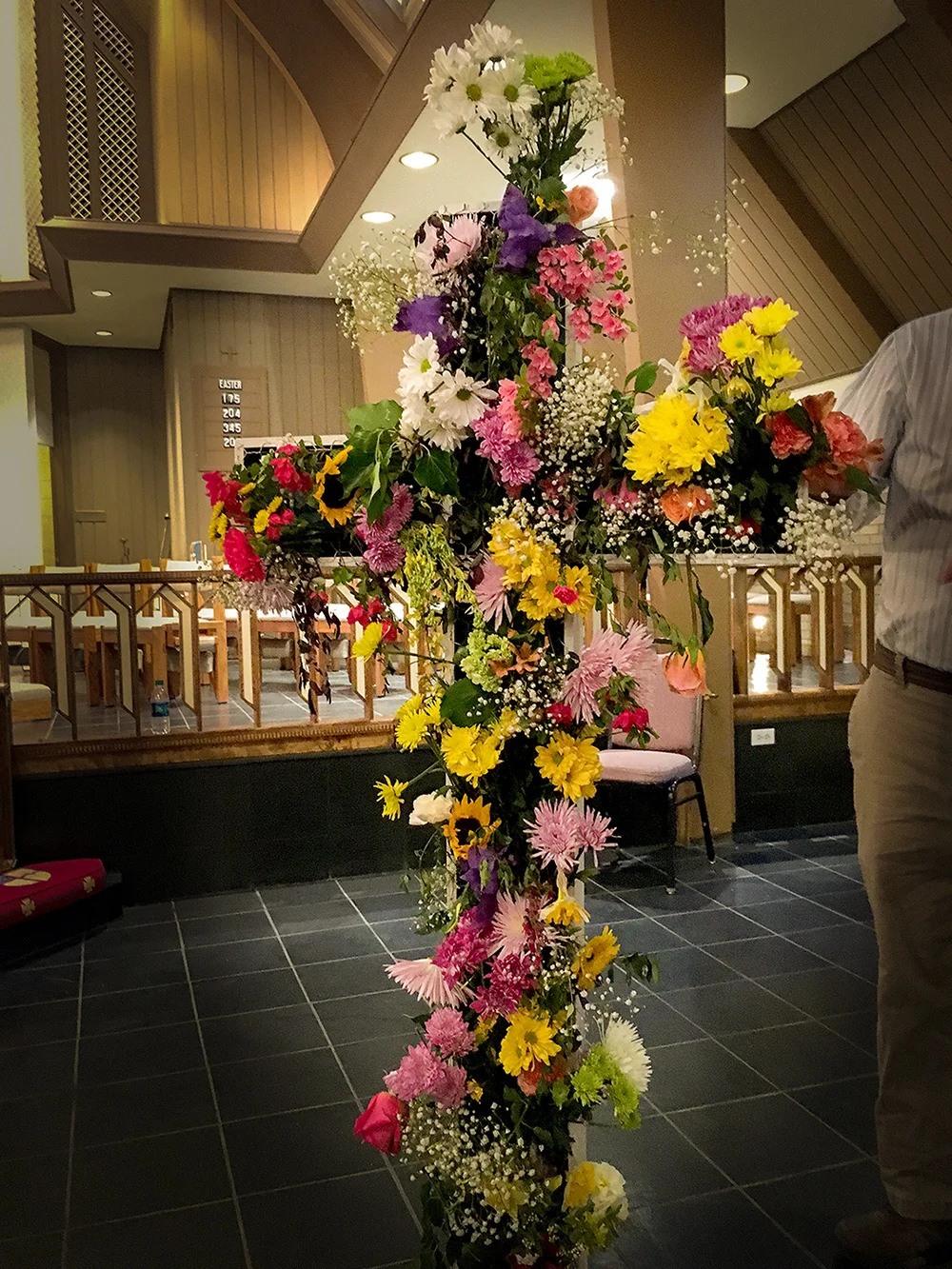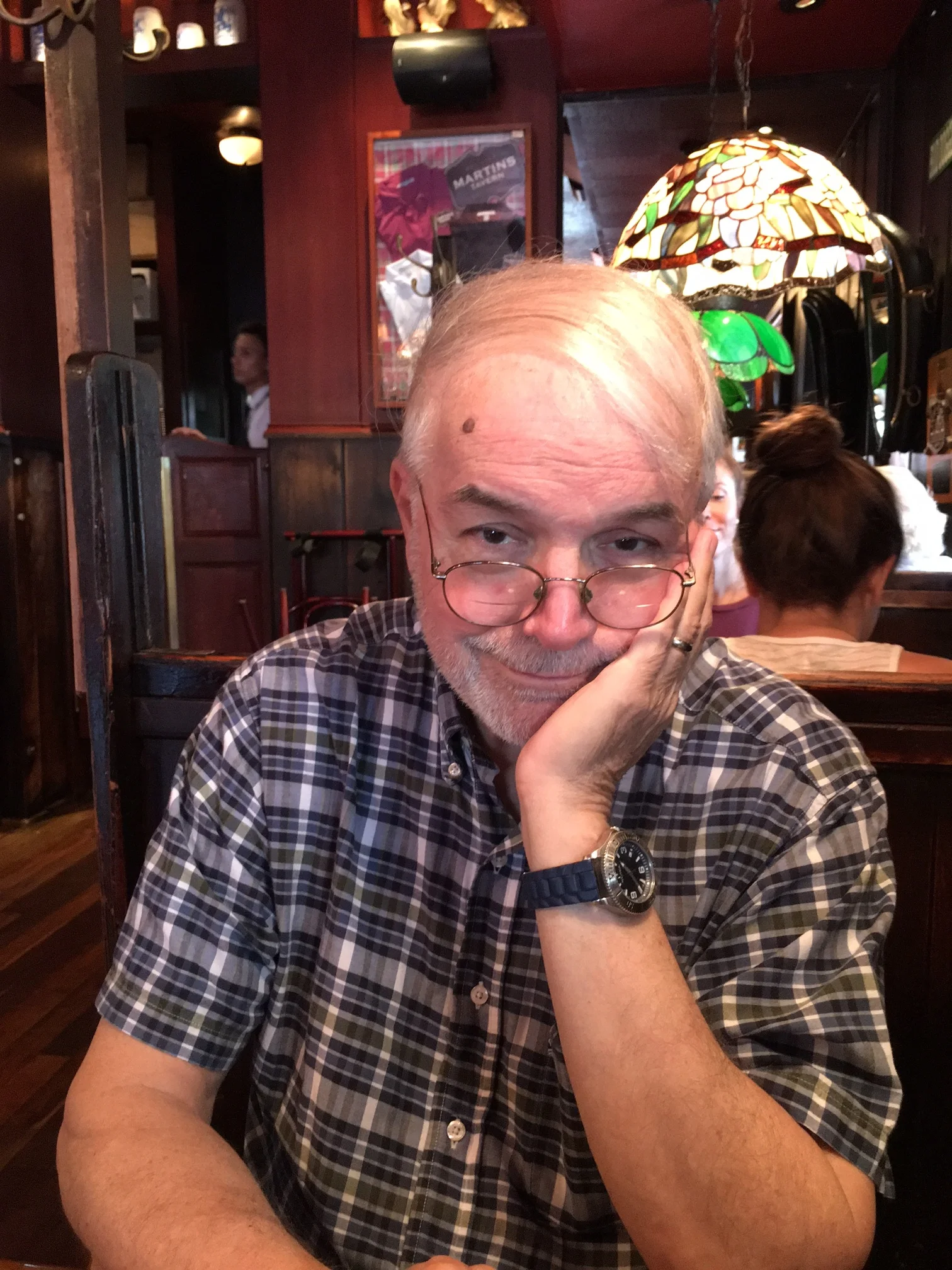Wounds
“The reality is that every human being is broken and vulnerable. How strange that we should ordinarily feel compelled to hide our wounds when we are all wounded!” M. Scott Peck, The Different Drum, Synthesis Today Quote, October 4, 2018. www.synthesispub.com
Our experience tells us that when we share our wounds we become less vulnerable. We no longer must pretend we are something that we are not, which takes up a huge amount of energy. We now have all that energy just to be ourselves, to become the person God created us to be. We become more human. In turn others begin to share their wounds because they see us as a safe place, another human being who may have just an inkling of what pain is all about.
Letting others know we are human and have pain and make mistakes is also a path into the divine within ourselves and others. This is the path we all are seeking. There is an wide gaping entrance to this path into the Christ, the Holy, the Spirit within each other through our wounds.
This is the path from Good Friday to Resurrection.
Joanna joannaseibert.com


